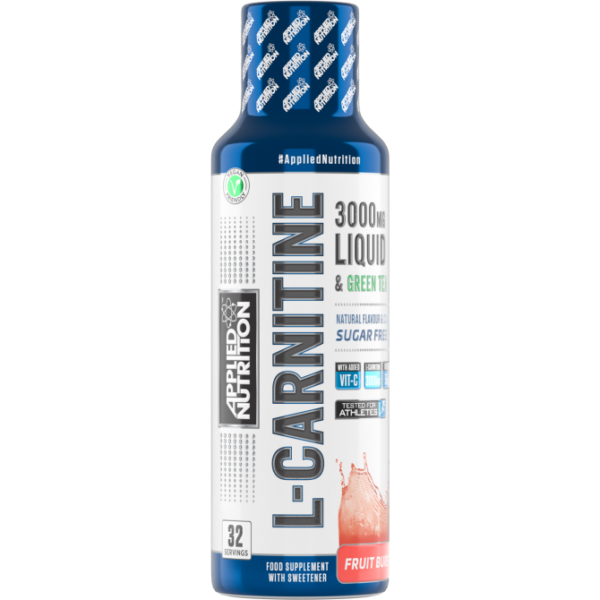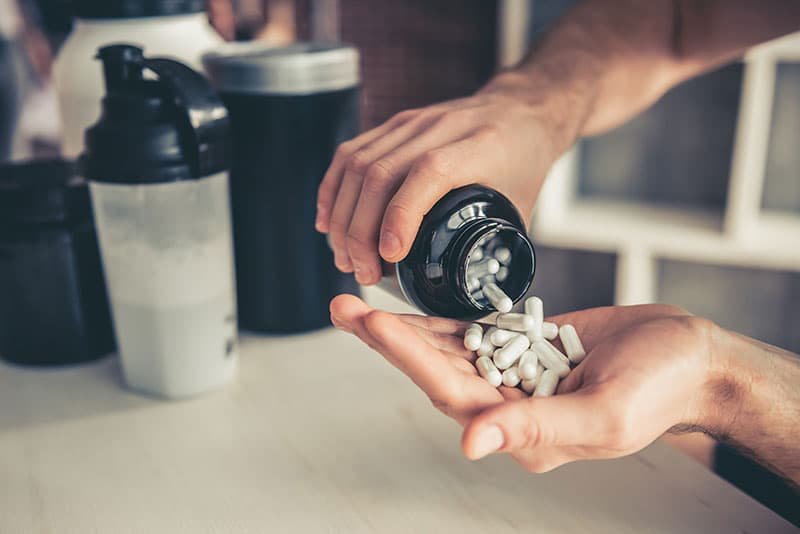In the quest for a leaner physique and effective muscle growth, many turn to artificial sweeteners as a low-calorie alternative to sugar. However, recent research raises concerns about whether these substitutes may actually hinder muscle-building goals. This article explores the impact of artificial sweeteners on muscle growth and why they may not be the optimal choice for serious athletes and fitness enthusiasts.
The Role of Insulin in Muscle Growth
Insulin is a hormone that plays a key role in muscle protein synthesis, allowing nutrients to enter muscle cells and promoting growth. Artificial sweeteners, although calorie-free, can still cause the body to release insulin due to the sweet taste alone. This insulin spike can interfere with the body’s metabolic response, leading to an increased likelihood of fat storage instead of lean muscle growth.
Effects on Protein Synthesis
Protein synthesis is essential for muscle repair and growth. Artificial sweeteners like aspartame and sucralose have been linked to insulin resistance over time, potentially affecting the efficiency of nutrient transport to muscle cells. For athletes, any disruption in protein synthesis can delay recovery and impede strength gains.
Gut Health and Nutrient Absorption
A healthy gut microbiome is essential for proper digestion and nutrient absorption, both critical to muscle growth. Research shows that artificial sweeteners may negatively impact gut bacteria balance, harming gut health. This disruption can impair the body’s ability to absorb amino acids and essential nutrients, which are vital for muscle repair after intense workouts.
Appetite and Dietary Control
Studies have shown that artificial sweeteners can increase cravings for sugar and high-calorie foods. When artificial sugars mimic the taste of sweets, the body expects calories that don’t arrive, potentially leading to increased hunger and overeating. For athletes on a structured diet, these cravings can make it challenging to maintain the discipline needed for lean muscle development.
Risk of Inflammation and Recovery
Chronic inflammation can slow down the recovery process and impact muscle repair. Some artificial sweeteners have been associated with mild inflammatory responses, which may affect muscle tissue recovery and growth. When inflammation becomes prolonged, it can hinder training progress and muscle-building results.
Alternatives to Artificial Sweeteners for Optimal Muscle Health
While reducing sugar intake is a healthy choice, there are natural alternatives like honey, stevia, and moderate amounts of real sugar that may provide a balanced approach without risking the potential downsides of artificial sweeteners.
Final Thoughts: Is It Time to Rethink Artificial Sweeteners?
For those committed to optimal muscle growth, it may be wise to reconsider the frequent use of artificial sweeteners. Although calorie-free, their potential effects on insulin response, gut health, and protein synthesis suggest they may not be ideal for building lean muscle. Opting for nutrient-dense, whole foods is likely to yield better results for both muscle growth and long-term health.
Scientific Sources:
1. National Institute of Health: https://www.nih.gov
2. Journal of the International Society of Sports Nutrition: https://jissn.biomedcentral.com
3. American Journal of Clinical Nutrition: https://academic.oup.com/ajcn




